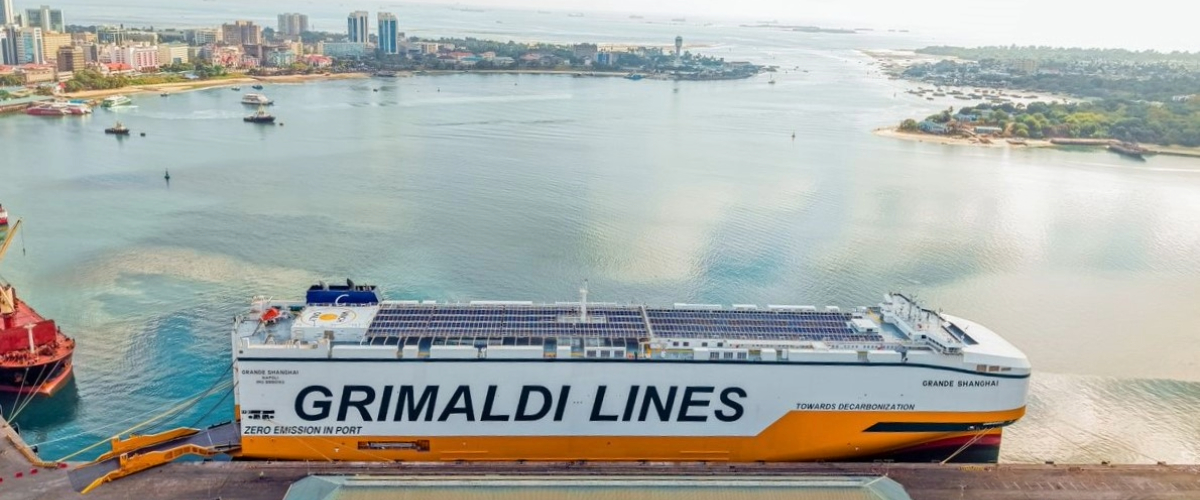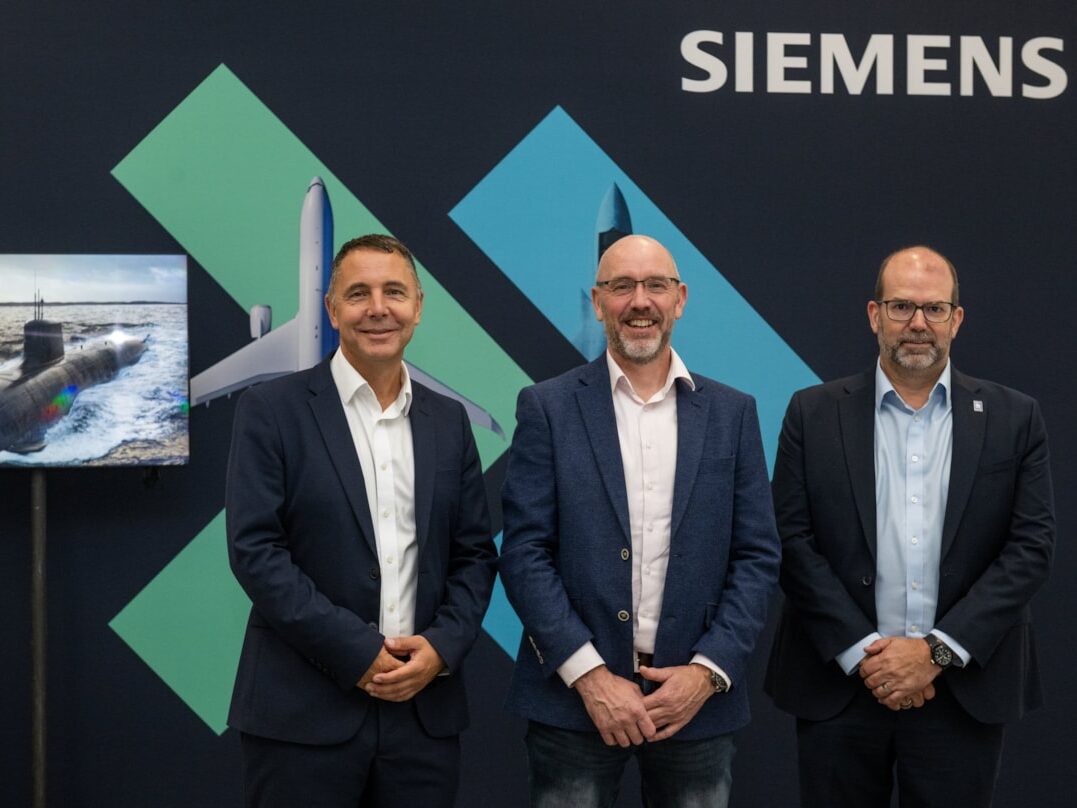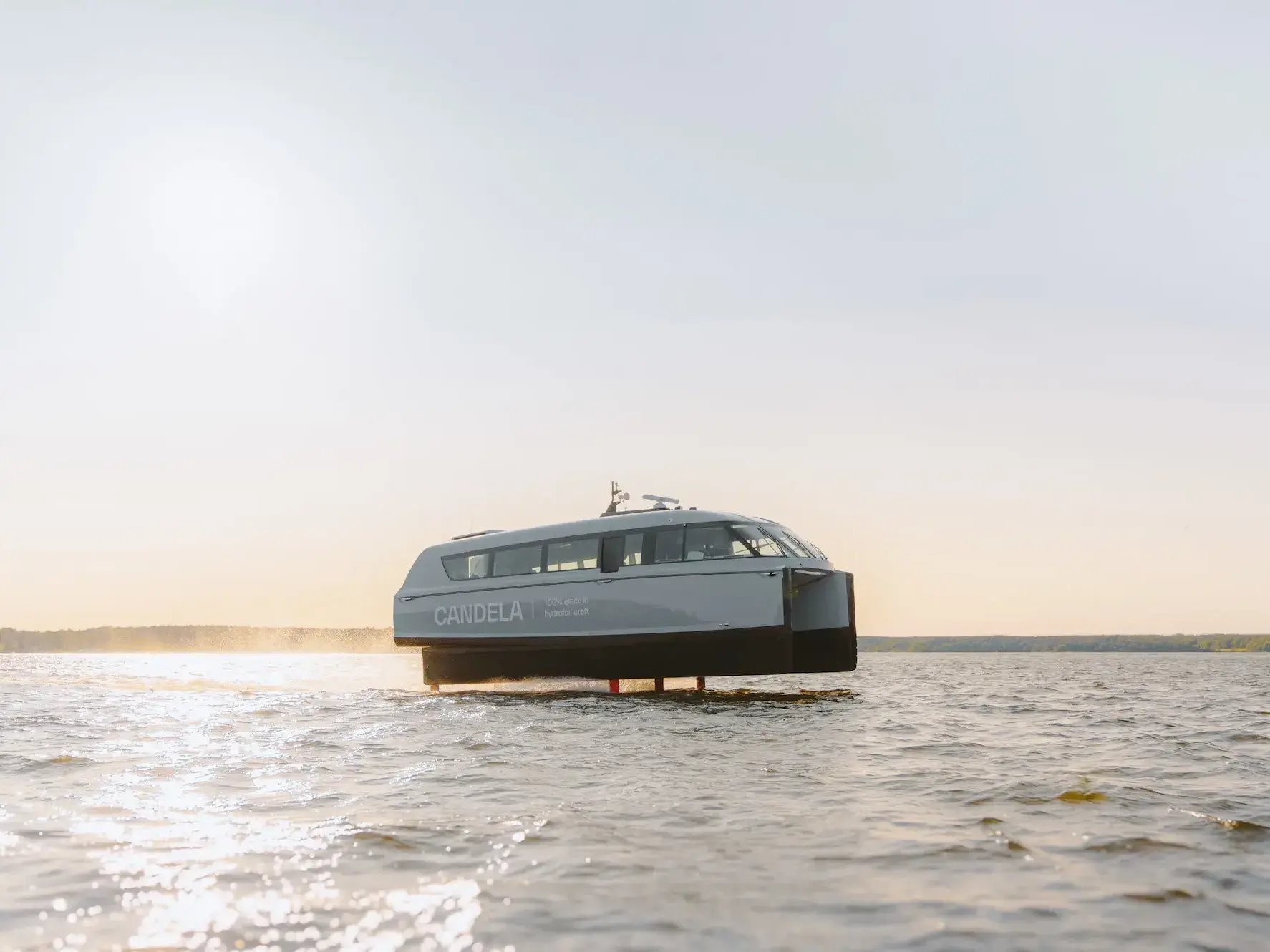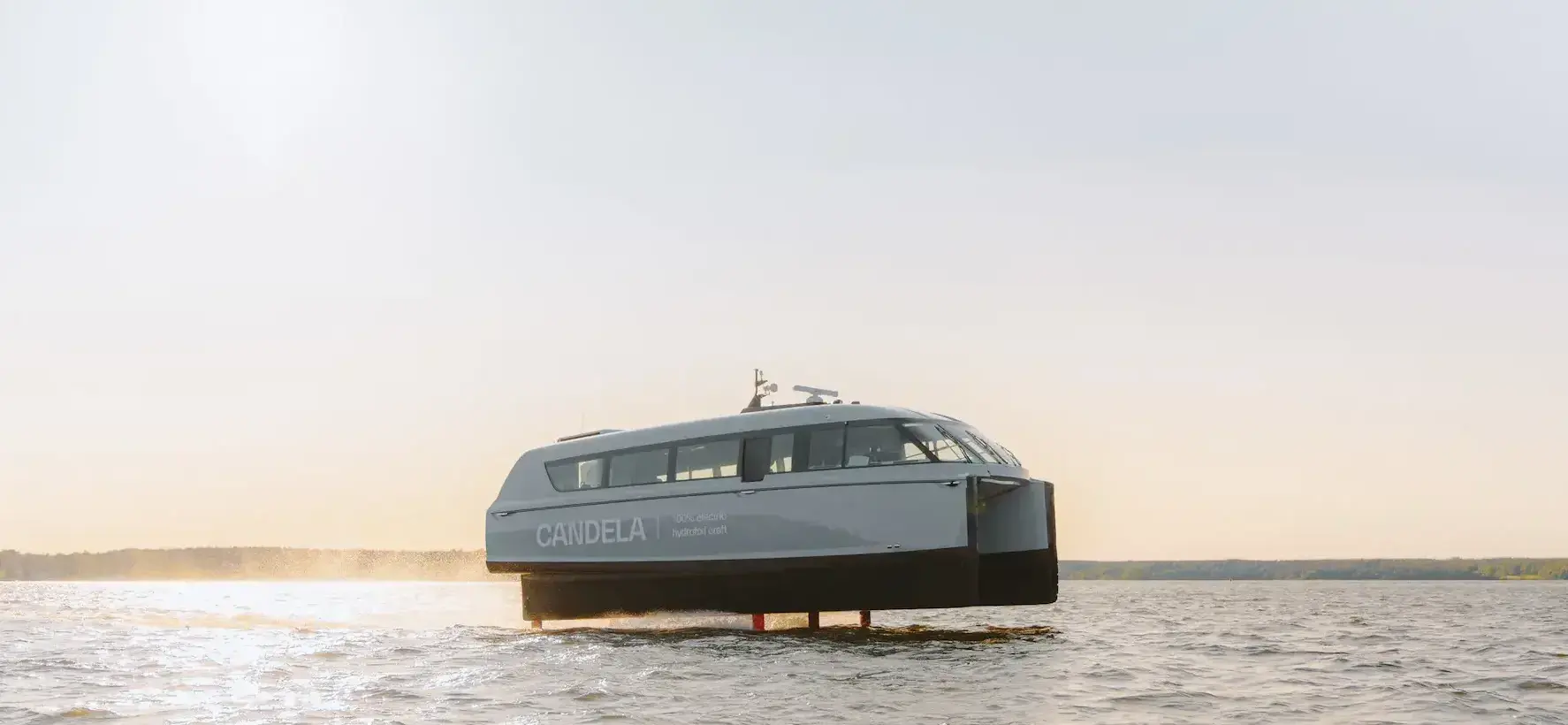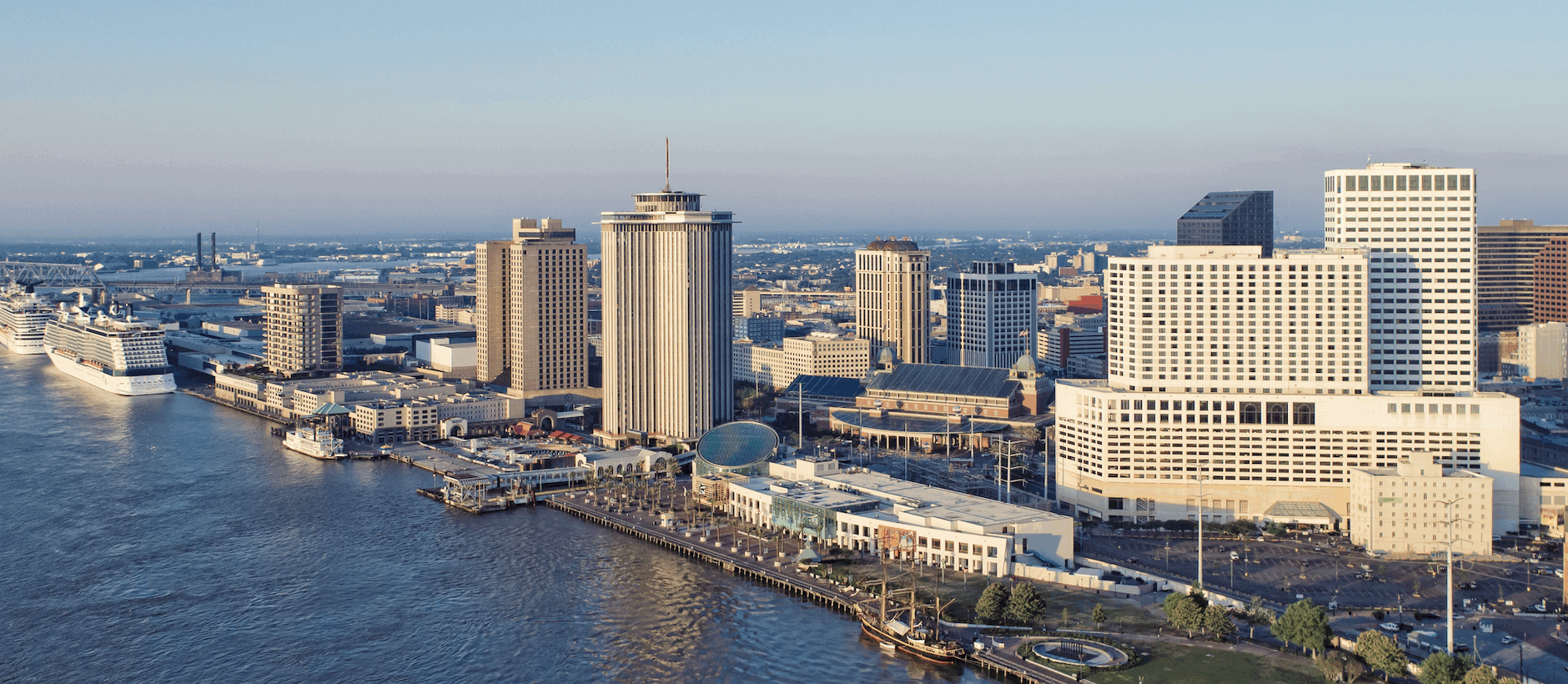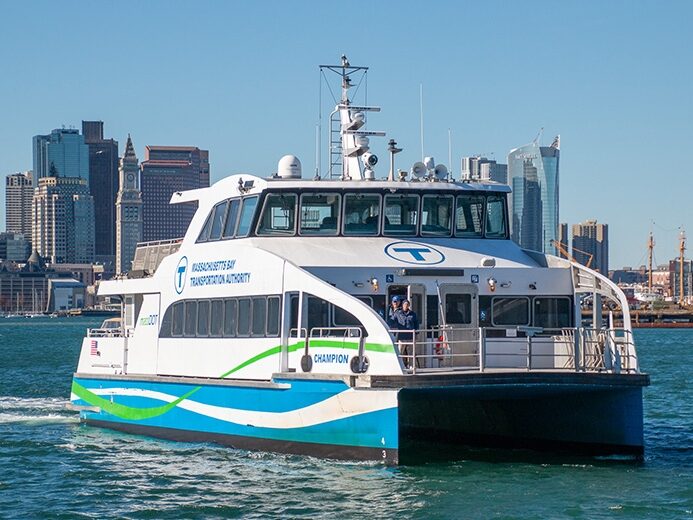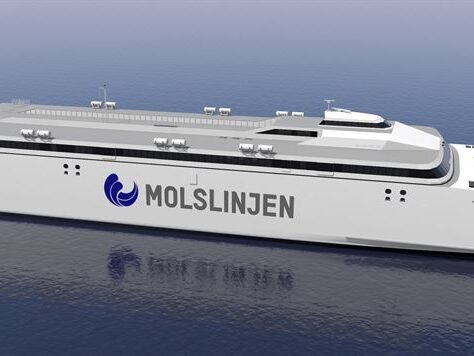A new project aims to convert the UK’s busiest inland waterway ferry service to a zero-emission alternative.
The Torpoint Bridge to Zero project looks to deliver a fully costed, engineering-ready plan to transition its Ferry service from fossil fuels to 100% shore-supplied green electricity.
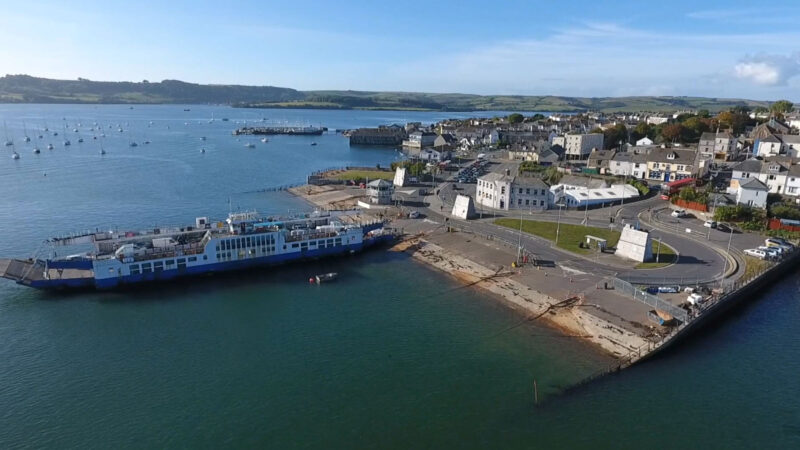
The ferry, which operates 24 hours a day, 365 days a year, carries more than 3 million vehicles and 400,000 pedestrians annually across the River Tamar, which separates Torpoint in Cornwall with Devonport in Plymouth.
Operated by Tamar Crossings; the Ferry utilises a unique chain propulsion system, which, according to the operator, may result in a ‘technically challenging’ transition to full decarbonisation, with its tidal river environment and rapid embarkation & disembarkation schedule also providing potential roadblocks.
If successful, the transition could reduce CO₂ emissions of the three Torpoint ferries by up to 1000 tonnes per year.
The project is set to receive funding from the UK Government’s Department for Transport as part of the UK Shipping Office for Reducing Emissions (UK SHORE) Clean Maritime Demonstration Competition (CMDC).
Maritime Minister, Keir Mather said:Our £300,000 investment into Torpoint Ferry will be transformational in the region as we chart a course to net zero shipping by 2050 and build a cleaner, greener future. This comes as part of our wider commitment to decarbonise shipping backed by a £448m investment to clean up sea travel whilst supporting jobs and boosting growth across the UK.
The Bridge to Zero project will be delivered by a multidisciplinary consortium consisting of Marine Zero (project leadership, charging solutions, and CAPEX/OPEX modelling), Torpoint Ferries (operational expertise and vessel access) and the University of Plymouth (performance data collection and analysis).



